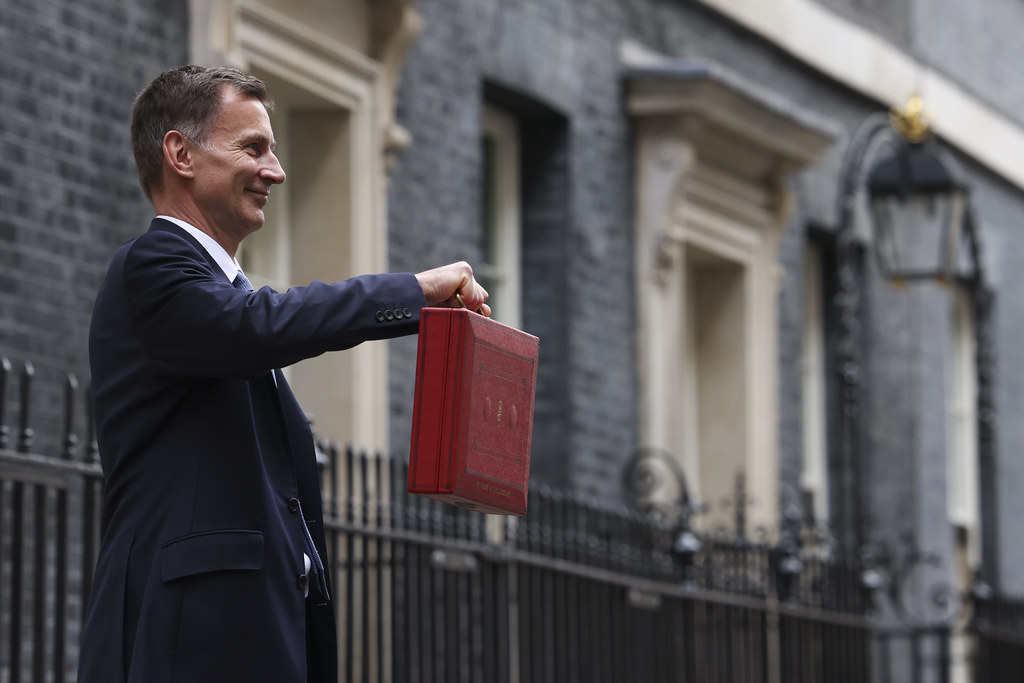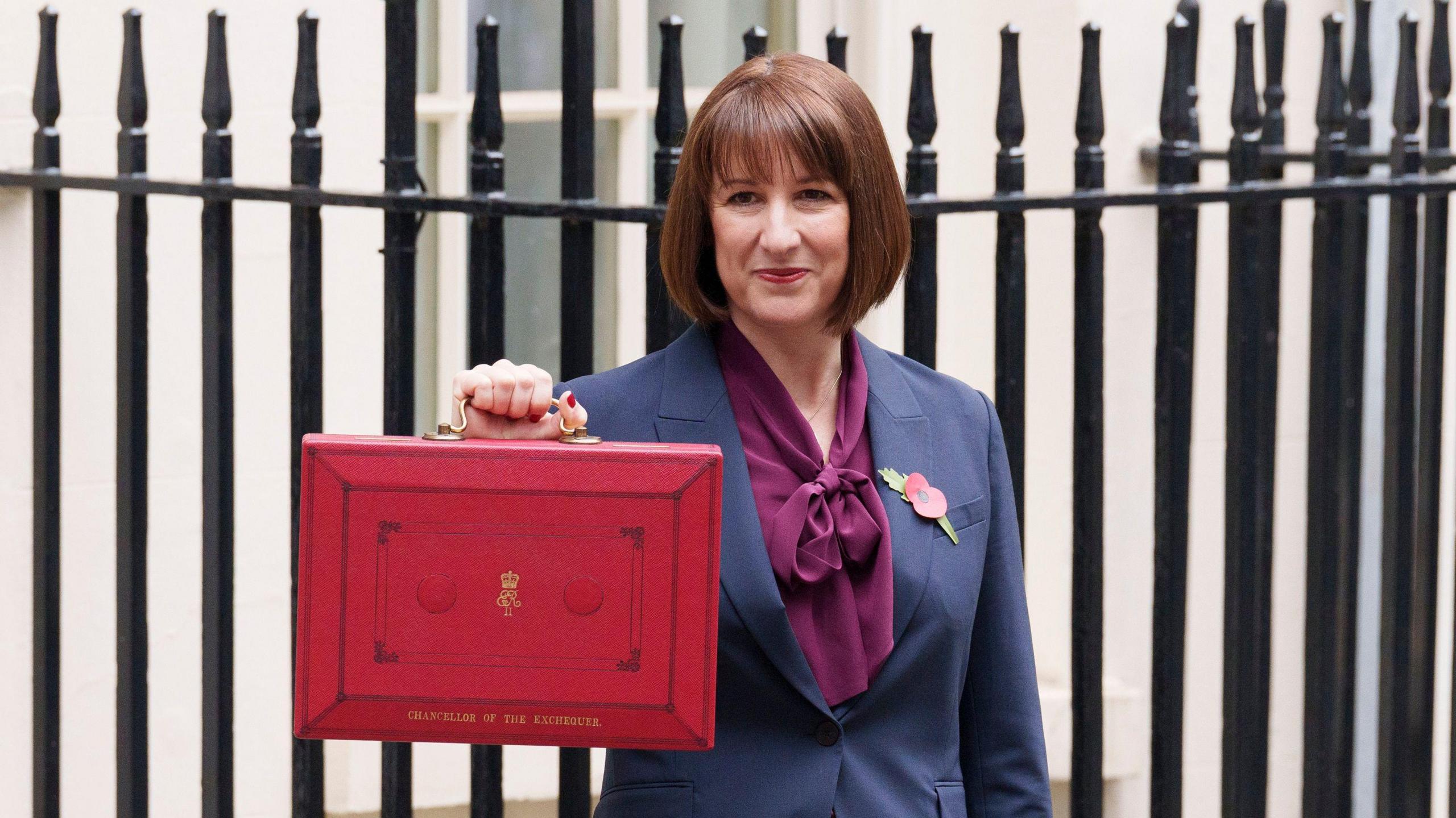Chancellor Jeremy Hunt disclosed the details of this year’s Budget during his address in the House of Commons. This Budget is significant as it is the final planned Budget before the upcoming general election, which is anticipated to occur later in the year.
We’ve gathered the key highlights from the Chancellor’s speech and examined its potential impact on umbrella workers.
National Insurance Tax Cuts
One of the notable highlights of the budget is the reduction of National Insurance by 2p for both employees and the self-employed. An individual making £25,000 per year will see an extra £249 in savings annually due to the recent adjustment. Calculations from investment firms indicate that higher-income earners will pocket an additional £754 each year.
Comment: For employees earning between £12,571 and £50,270 annually, the current NI rate stands at 10% for earnings (reduced from 12% prior to January) and 2% for earnings exceeding that amount. The chancellor announced a decrease to 8% in April.
Self-employed individuals were already set to experience a reduction in Class 4 NI contributions from 9% to 8% for earnings between £12,570 and £50,270 in April. Mr Hunt revealed that this rate will now drop to 6%.
The current government policy has frozen income tax thresholds since 2021, with no changes expected until at least 2028. This could potentially push individuals into a higher tax bracket with any pay increase, leading to a larger portion of their income being taxed than usual.
Child Benefit
The threshold for the withdrawal of child benefit has been raised to a higher earnings level. Instead of the current threshold of £50,000 per year, the new threshold will be £60,000. Furthermore, child benefit will now be completely withdrawn for individuals earning £80,000 per year, as opposed to the previous threshold of £60,000.
Comment: Starting in 2013, single parents earning over £50,000 began to see their child benefit gradually reduced, with no benefit at all if earning £60,000. However, a recent announcement by the chancellor revealed that this threshold will now shift to between £60,000 and £80,000 starting in April. Despite this adjustment, it still falls short of keeping pace with inflation, as our analysis indicates that parents would have started losing child benefit at £67,714 and lost it entirely at £81,256 if adjustments had been made in line with rising prices annually.
Non-domicile tax
Starting in April 2025, the non-dom tax regime will be replaced with new rules. Non-residents are currently only liable to pay taxes in the UK on their income generated within the country.
This particular status is set to be abolished by April 2025, making way for a new system under which new arrivals to the UK will not have to pay tax on foreign income and gains for the first four years of their UK residency.
Savings and a British ISA
Savers will be able to take advantage of a new tax-free Individual Savings Account (ISA) specifically designed to support British businesses. This Isa allows investors to invest up to £5,000 annually in addition to the current limit of £20,000.
Holiday Lets
Furthermore, the chancellor intends to eliminate several tax incentives for holiday let owners. This includes removing allowances for furniture and similar items.
Capital Gains Tax
The rate of property capital gains tax for non-residential property sales will decrease from 28% to 24%. This adjustment will impact individuals who sell properties that are not their primary residences.
Help for those on benefits
The repayment period for emergency budgeting loans for those on benefits will be extended, providing much-needed relief during times of financial strain. Additionally, an extension of the government fund to assist those facing cost of living challenges and the elimination of the £90 fee for obtaining a debt relief order have been announced, easing financial burdens for individuals facing debt challenges.
Cigarettes, Vapes, and Alcohol
The freeze on alcohol duty will be extended until February 2025 to support the hospitality industry.
We can also expect to see the implementation of a new tax on vaping products starting in October 2026 after thorough consultation while raising existing taxes on tobacco to encourage preference for vaping over smoking.
Transport and Energy
The freeze on fuel duty continues, with the 5p reduction in fuel duty for petrol and diesel extended for another year.
Comment: Treasury officials had been urging Mr Hunt to increase fuel duty by a minimum of 2p. However, the Chancellor announced that he would uphold a 5p temporary reduction and keep fuel duty frozen for an additional 12 months, resulting in savings of £50 for the average driver next year. The last increase in fuel duty occurred in 2011, and it contributes £26.2bn to tax revenues, representing approximately 2.7% of Treasury receipts.
The UK government secured a £160 million agreement to acquire the proposed Wylfa nuclear site in north Wales, bolstering energy infrastructure.
The “Windfall” tax on energy companies’ profits has been extended until 2029, providing relief to consumers amidst rising living costs.
Mr Hunt announced that air passenger duty would increase for non-economy airfares, including business class tickets, to adjust for inflation. The rate for economy travellers will stay the same. The Treasury anticipates that this adjustment will generate £500m over the next five years.
Public Debt, Inflation, and the Economy Projections
Office for Budget Responsibility projects UK economy to grow by 0.8% this year, 1.9% next year, with further growth rates of 2% in 2026, followed by 1.8% in 2027 and 1.7% in 2028.
The expected dip in the UK inflation rate is below the 2% target in the coming months.
The forecasted underlying debt, excluding Bank of England debt, is 91.7% of GDP this year and will increase to 92.8% next year.
Overall, day-to-day government spending is projected to increase by 1% in real terms over the next five years.
Business and Investment
An increase in the registration threshold for small businesses to pay VAT from £85,000 to £90,000 starting from April has been announced.
Mr Hunt revealed a £10bn tax cut for businesses making capital investments in the UK, referred to as “full expensing”. Following pressure from business lobbying groups, he has now announced that firms can also claim tax relief for leased assets.
Additionally, the Chancellor mentioned that an extra £200m will be allocated to the post-pandemic Recovery Loan Scheme, which provides loans to small businesses to support growth.
Regarding the creative industries, film studios in England will receive a 40% relief on their gross business rates until 2034. Furthermore, there are plans for a new tax credit aimed at independent films with budgets under £15m.
An upcoming tax credit will be made available for independent British films with a budget under £15 million.
Summary
In conclusion, the government’s budget announcements present a diverse range of measures with significant implications for umbrella employees. While tax relief and income support initiatives offer immediate benefits, changes across various sectors underscore the importance of staying informed and adaptable in navigating the evolving economic landscape.
We hope you find this summary helpful. For more relevant content aimed at freelancers and contractors, please visit the blog section of our website and follow us on LinkedIn, and Twitter so you can see when we post a new article.
If you have any questions about umbrella employment, all you have to do is contact one of our business managers by calling 0800 434 6446. Alternatively, you can email us at info@smartwork.com.



